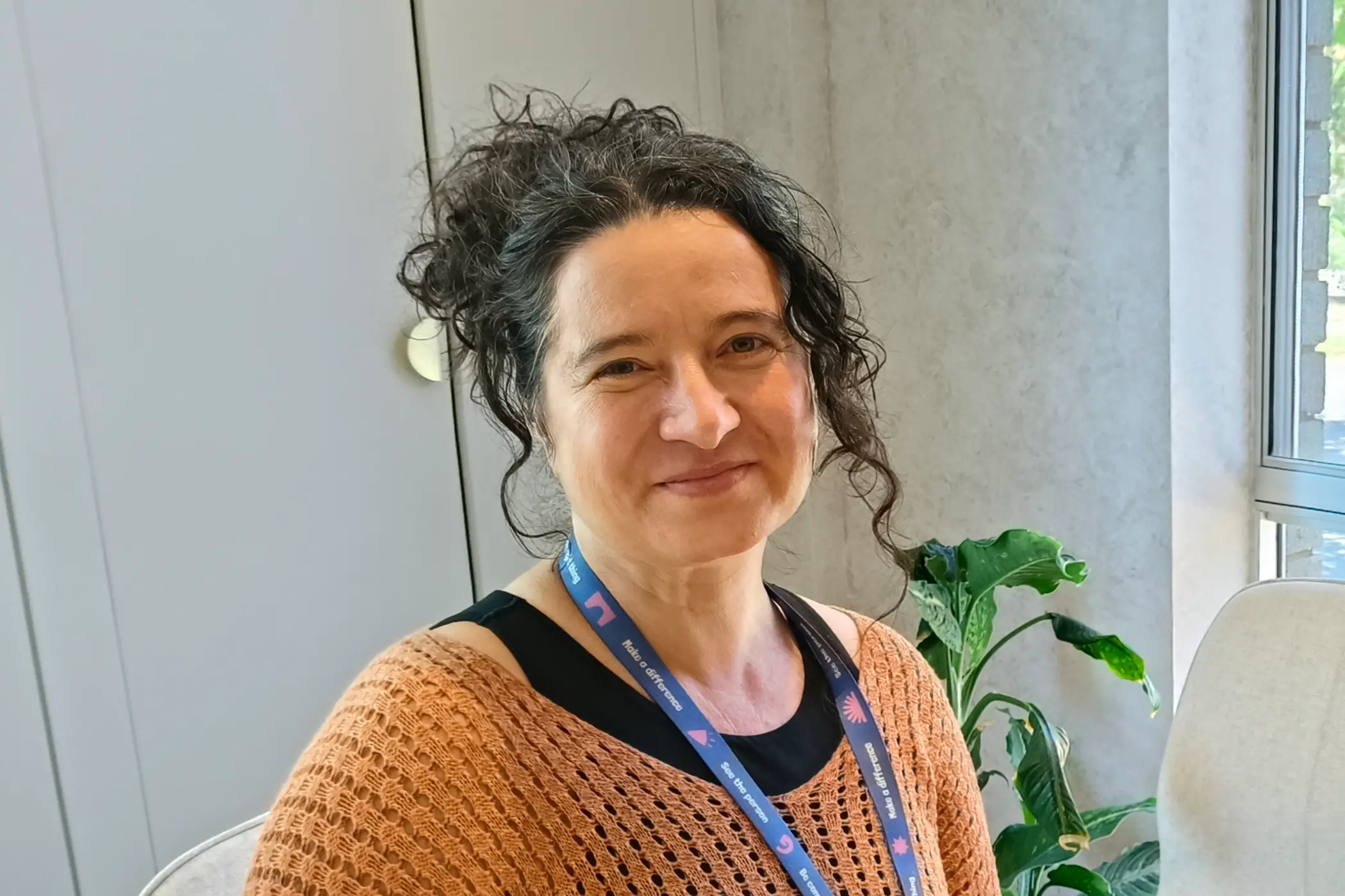PHOTO
55020.0
In a preschool room filled with laughter and musical instruments, a group of children are keeping time with a simple rhythm.
Between the beats, they are learning something far more lasting than music: how to listen, how to ask, what their rights are and how to say no.
It is one of many moments taking place across classrooms, workplaces, and community halls as Wangaratta's Centre Against Violence (CAV) rolls out its suite of education and prevention workshops.
These sessions are helping people of all ages understand consent, recognise harm, and build safer, more respectful environments.
“For children, it’s about helping them build skills and understand their right to consent to what happens to their bodies,” said Jodie Farrugia, CAV prevention and education facilitator.
“We work to normalise conversations about body safety and help children identify the safe people in their lives, the people they can talk to if their boundaries aren’t respected or if something makes them feel unsafe or uncomfortable.
"When we’re working with primary school children, we talk about consent in simple terms: learning to listen to others, to ask ‘Is it okay?’, and to understand that they too have the right to be listened to.”
CAV’s Consent and Body Safety workshops are tailored to each age group, from three-year-olds in preschool through to teenagers navigating relationships and boundaries.
Music, rhythm, and storytelling make the early sessions fun and engaging, while older groups explore deeper discussions about respect, empathy, and communication.
Parents and teachers are also part of the learning.
“They’re often nervous because they don’t know if they’ll say the right thing,” Jodie said.
“But it’s actually about openness, helping adults feel confident to have those conversations and support children as they grow.”
The workshops are part of CAV’s broader prevention and education program, which includes tailored sessions for workplaces, sporting clubs, and community organisations. Each program is grounded in trauma-informed practice and aims to strengthen confidence, connection, and safety.
One of the most sought-after programs is STAND Training, which stands for Speak, Take Action, Notice, Disrupt.
It gives participants practical tools to recognise and respond to harmful behaviour.
Through open discussion and role play, people learn how to safely intervene, check in on others, and take small actions that can lead to big cultural shifts.
CAV will be hosting a free community STAND workshop in Wangaratta on 1 and 3 December, supported by the Rural City of Wangaratta via the Free from Violence Local Government Program.
“It’s not just about stopping harm in the moment,” Jodie said.
“It’s about helping people recognise what’s happening around them and feeling confident to act in ways that build long-term change.”
Another workshop, Responding to Disclosures of Family and Sexual Violence, focuses on what happens when someone shares their experience of harm.
Participants learn the CARE Model: Calm, Act, Respect, Emotions.
It guides them to respond with empathy, validate courage, and connect survivors to the right supports.
These sessions are especially valuable for teachers, health professionals, and volunteers, but Jodie said they are relevant to everyone.
“When someone chooses to share something like that, how we respond matters,” she said.
Every workshop is designed to meet the needs of each group, whether it is a one-hour staff briefing or a full-day professional development session.
CAV’s facilitators also run general information sessions that cover topics such as understanding family and sexual violence, building safer environments, and accessing support services.
“Our goal is to build confidence and connection,” Jodie said.
“With the right tools, everyone can play a part in creating safer, more respectful spaces.”
CAV’s education and training programs are available as fee-for-service workshops, with flexible pricing and partnership options for workplaces, schools, and community groups.
To learn more or to request a tailored session, email education@cav.org.au or call 03 5722 2203.
Full program details can be found at https://centreagainstviolence.org.au/education/.





